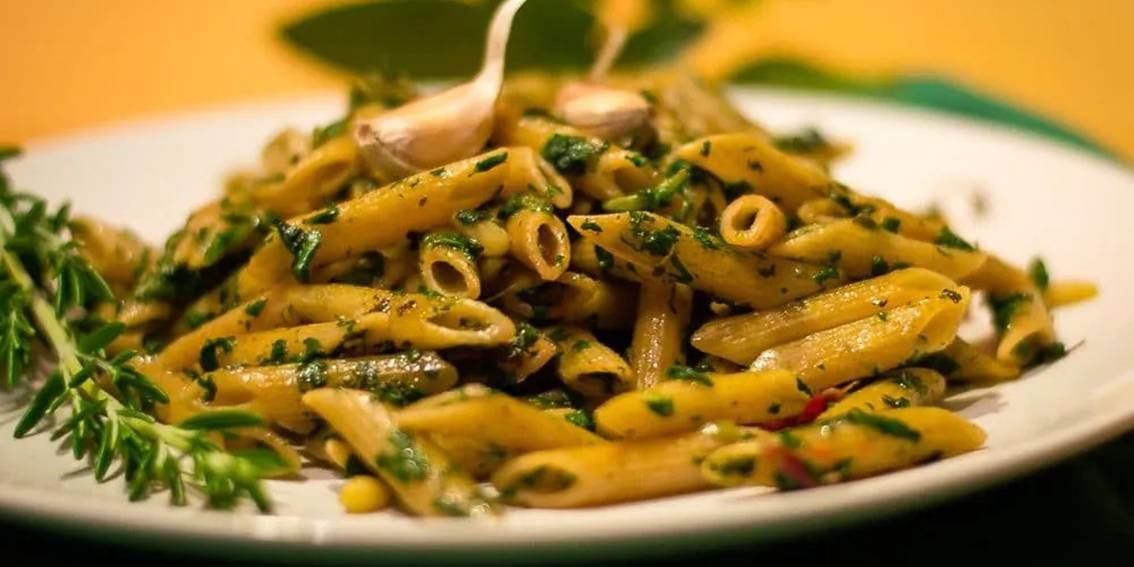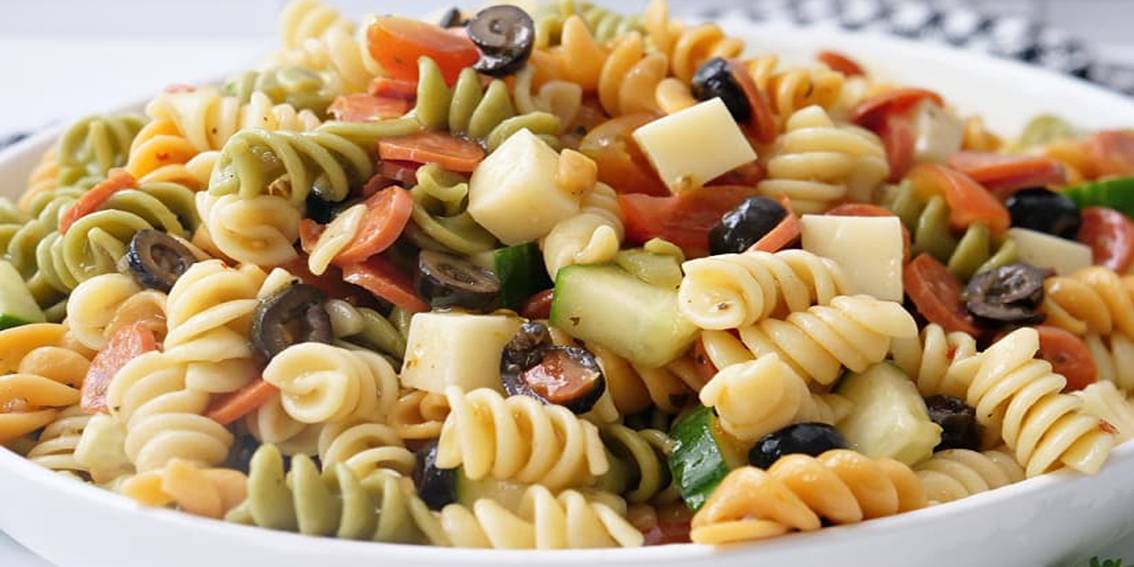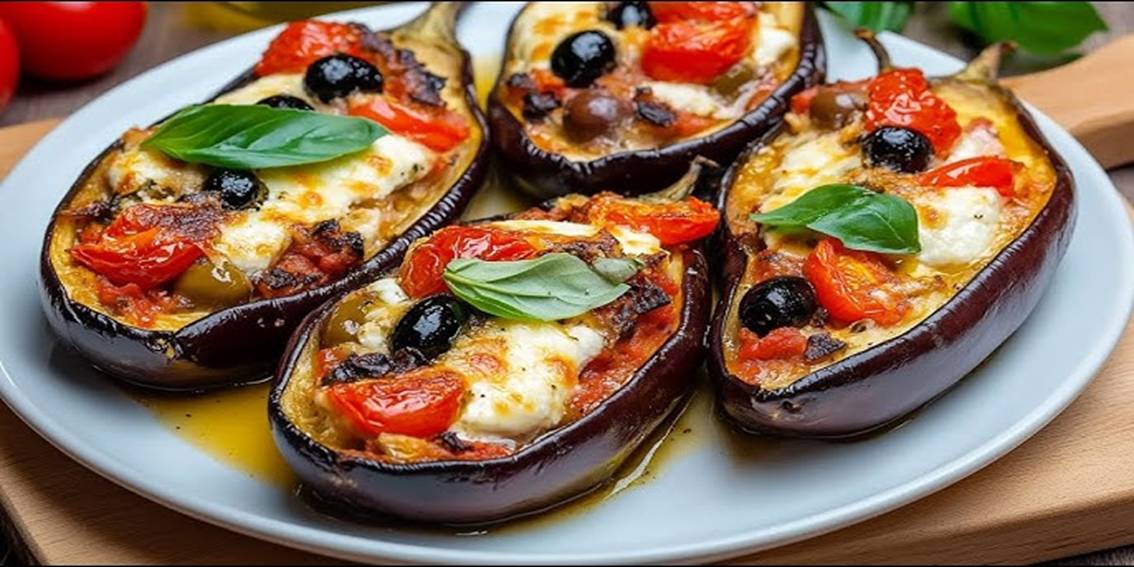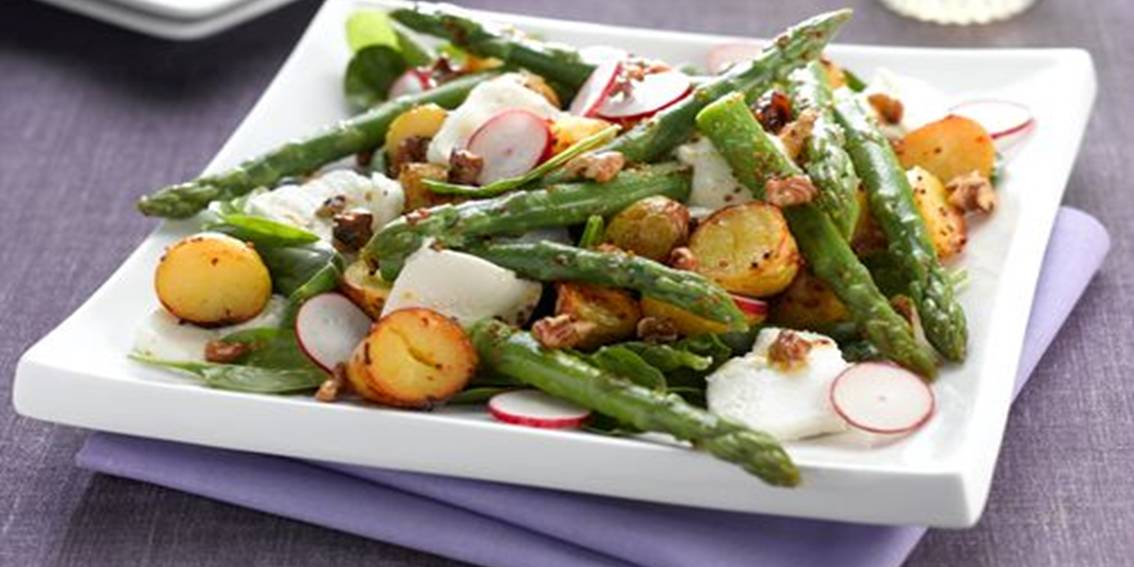Origins of Pasta with Herbs

Author: Panos Platritis Clinical Dietitian Nutritionist BSc,MSc, Registered with GE SY Member of BDA, ESPEN, CYSPEN, SEPI
Pasta with herbs has ancient roots in many culinary traditions. Early cooks in the Mediterranean, Middle East, and Asia blended fresh herbs with oil, garlic, and nuts to create flavourful pastes. In ancient Rome, people crushed herbs with vinegar and spices to make sauces. These herbs blends added flavour, preserved ingredients, and offered medicinal benefits. Over time, cultures passed down recipes, keeping herbal pastes central to both cooking and healing practices.
Herbs play a vital role in our daily lives, offering both flavour and healing properties. People use herbs to enhance the taste of food, add fragrance, and support natural health.
WARNING
Reproduction of any part of the book by any means (photocopying, printing, microfilming, or any other mechanical or electronic method) is prohibited without the written permission of the author.
Ingredients (Serves 4):
- 400g whole grain pasta
- 4 tablespoons olive oil
- 2 tablespoons chopped basil or parsley
- 3 gloves of garlic
- 2 tsp of mixed herbs
Method:
- Boil the pasta until al dente, but not too soft.
- Heat the oil and pour it over the pasta.
- Sprinkle with basil or parsley.
- Whenever possible, choose fresh basil over dried, as it has superior flavour.
Method:
- Boil the pasta until al dente, but not too soft.
- Heat the oil and pour it over the pasta.
- Sprinkle with basil or parsley.
- Whenever possible, choose fresh basil over dried, as it has superior flavour.
Basil contains active ingredients called polyphenols, or flavonoids, which provide protection at the cellular level. These include orientin and vicenin, which are two water-soluble flavonoids that protect cells and chromosomes from radiation and oxygen that cause oxidation.
Nutrients: Basil is rich in antioxidant provitamin A, which helps with asthma, osteoarthritis, and rheumatoid arthritis. It is also a good source of magnesium, which promotes cardiovascular health, potassium, and vitamin C, and a very good source of iron and calcium.
The Importance of Herbs in Our Life
Herbs play a vital role in our daily lives, offering both flavour and healing properties. People use herbs to enhance the taste of food, add fragrance, and support natural health. Many cultures rely on herbs like basil, mint, oregano, and thyme for cooking and wellness. These plants contain essential oils, antioxidants, vitamins, and minerals that boost the immune system and improve digestion.
Herbal teas help calm the mind, reduce stress, and promote better sleep. You can use herbs like chamomile, lemon balm, and peppermint for relaxation and digestive support. In traditional medicine, people have used herbs for centuries to treat minor ailments and maintain balance in the body.
Gardening with herbs connects you to nature and encourages a healthy lifestyle. Fresh herbs in meals offer both nutrition and taste. By including herbs in your routine, you support your physical well-being and enjoy the natural richness they bring to life.




